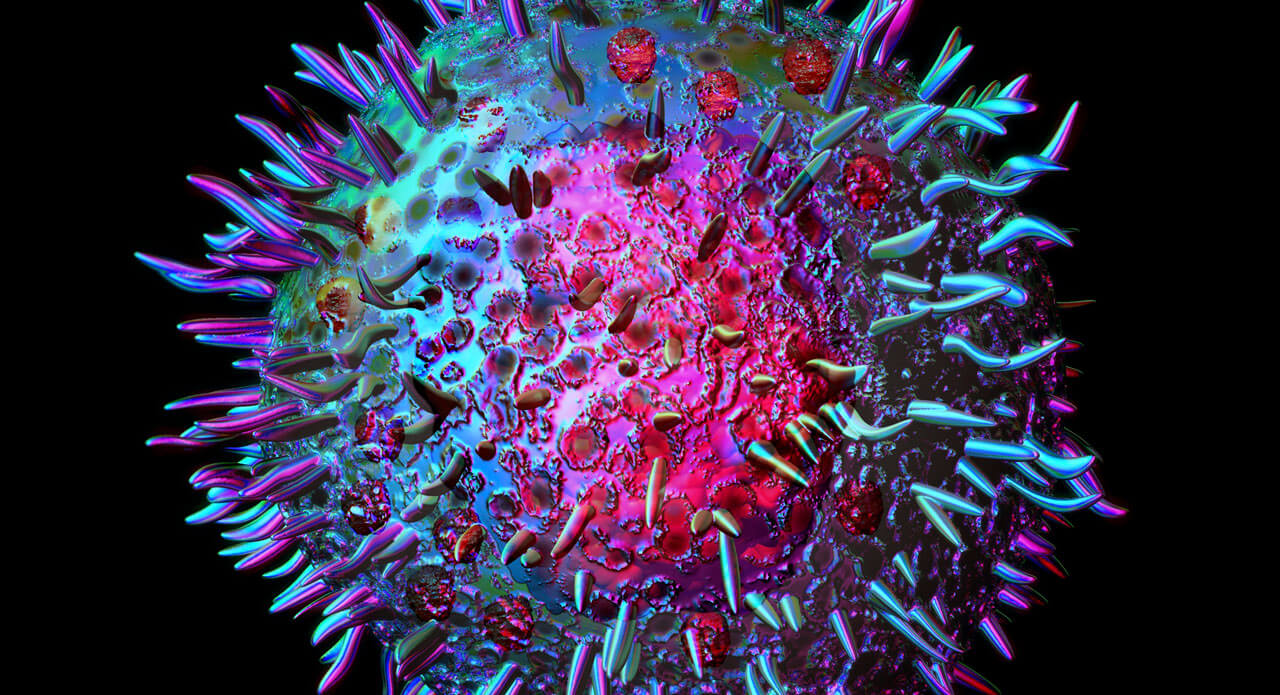Science Fact or Science Fiction? Avoiding Peanuts as an Infant Reduces Allergy Risk

The issue of peanut and tree nut allergies has emerged as a significant public health issue, with studies indicating the problem is growing. An estimated 0.4 percent of children in the U.S. were affected by a peanut allergy in 1999 but that rate quadrupled to about 2 percent about a decade later, according to a 2011 study in the journal Pediatrics.
But the science behind the way certain food allergies develop has evolved, and that there are new guidelines in place to help navigate these new ideas that suggest that avoiding peanut consumption may not translate to avoiding an allergy.
What Is an Allergy?
In food allergies, the body overreacts to a protein in the food — which is normally harmless — by activating the immune system, specifically, an antibody known as immunoglobulin E, or IgE.
When the IgE that is specific to an allergen, such as peanut protein, attaches itself to the surface of mast cells — a type of white blood cell — the body becomes sensitized to that allergen. And once an individual who has been sensitized to the allergen encounters that allergen again, it triggers an inflammatory response.
"It is likely the combination of the genetic make-up of an individual and the immature state of the immune system of an infant that contributes to the development of not only food allergies but also diseases such as allergic eczema,” says Karl Nocka, Associate Research Fellow in Pfizer’s Inflammation and Immunology Research Unit in Cambridge, Mass.
Previous Recommendations on Peanut Allergy
In the late 1990s and early 2000s, government health officials issued recommendations in the U.K. and in the U.S. that generally advised avoiding exposure to peanuts in the diet for infants at high risk for allergy.
But those recommendations were called into question after further studies suggested that the approach of avoiding early exposure to peanuts might be contributing to the prevalence of the allergy.
Landmark Study Sheds New Light on Link Between Diet and Peanut Allergy
A 2015 study published in the New England Journal of Medicine concluded that introducing peanuts early into the diet of infants at high risk for developing peanut allergy significantly reduced the rate of developing the allergy and dampened the immune response to peanuts.
In this study, known as the Learning Early About Peanut (LEAP) trial, researchers randomly assigned 640 infants, all at risk of food allergies, between the ages of 4 months old and 11 months old to two groups — those avoiding peanuts and those who ate peanuts until they were 5 years old.
Researchers found that peanut allergy was less common at age 5 among children who consumed peanuts as infants, both among those prone to food allergies (13.7 percent in the avoidance group vs 1.9 percent in the consumption group) as well as among a smaller group who had been specifically determined to be sensitive to peanuts (35.3 percent in the avoidance group vs. 10.6 percent in the consumption group).
The researchers noted that there were lower levels of peanut-specific IgE antibodies in children who consumed peanuts, suggesting that early exposure to peanuts in the diet dampened the allergic response by elevating the levels of protective immunoglobulins known as IgG and IgG4.
"The LEAP study was a well-designed clinical test of a hypothesis that had developed from the observation of different rates of peanut allergy in genetically similar populations with different cultural practices,” Nocka says.
The findings were so compelling that they eventually prompted new clinical guidelines, issued in January 2017 by the National Institute of Allergy and Infectious Diseases.
So, what explains these conventional wisdom-bucking results? One of the members of the LEAP study team suggests that an idea called the “dual-allergen hypothesis” may explain why some children develop food allergies and others don’t. According to the hypothesis, young children can become sensitized to food proteins, as measured by IgE antibody and T-cell response, when exposed via the skin at a low dose. At the same time, children can become tolerant to the protein, preventing IgE and T-cell response, when they ingest it at a high enough dose. It’s the balance of those types of exposure, and when they happen, that explains whether a child develops a food allergy.
The bottom line is that recent scientific research has suggested that for some infants, avoiding peanuts in the diet could actually increases their risk of developing a peanut allergy later in life.
